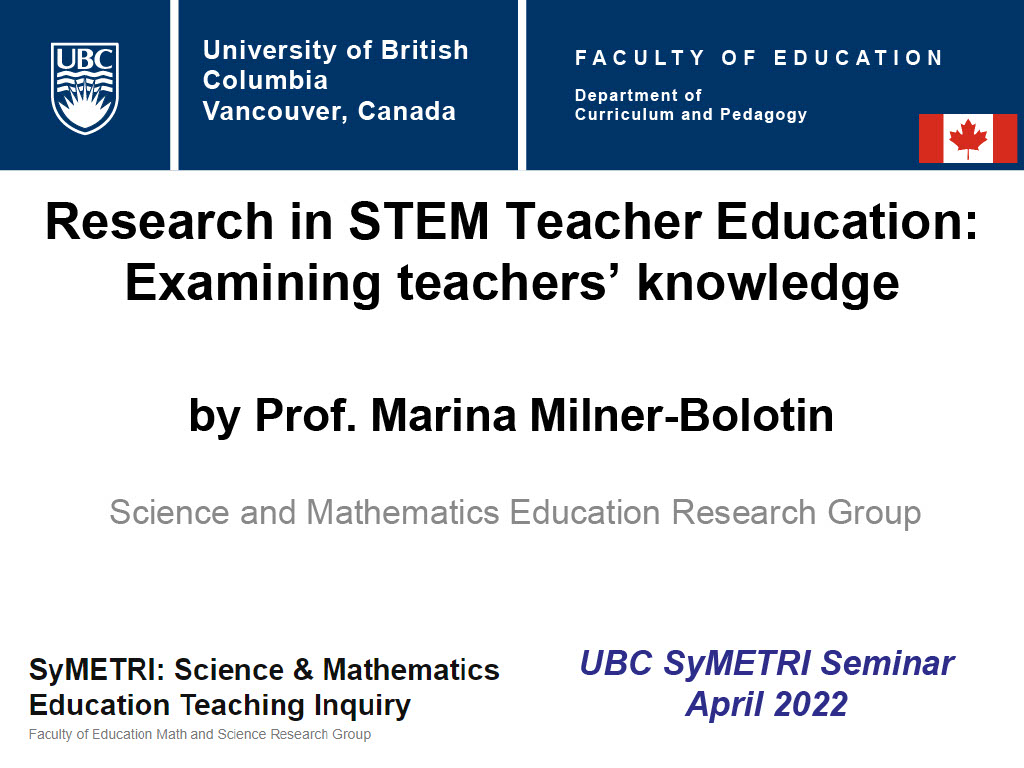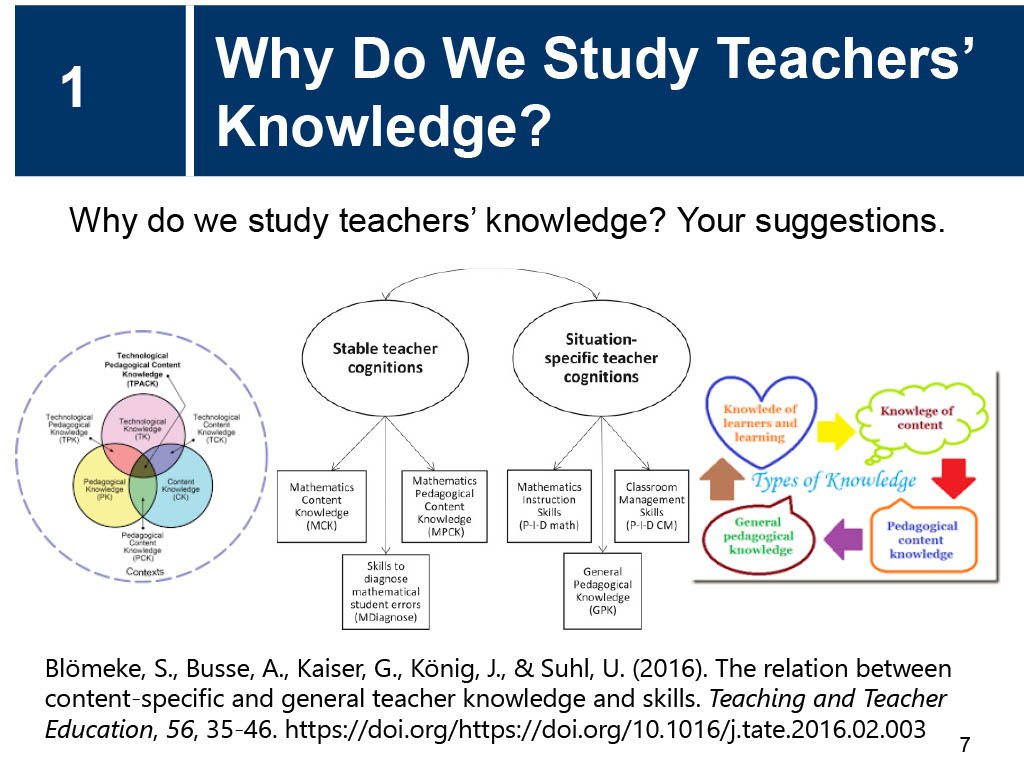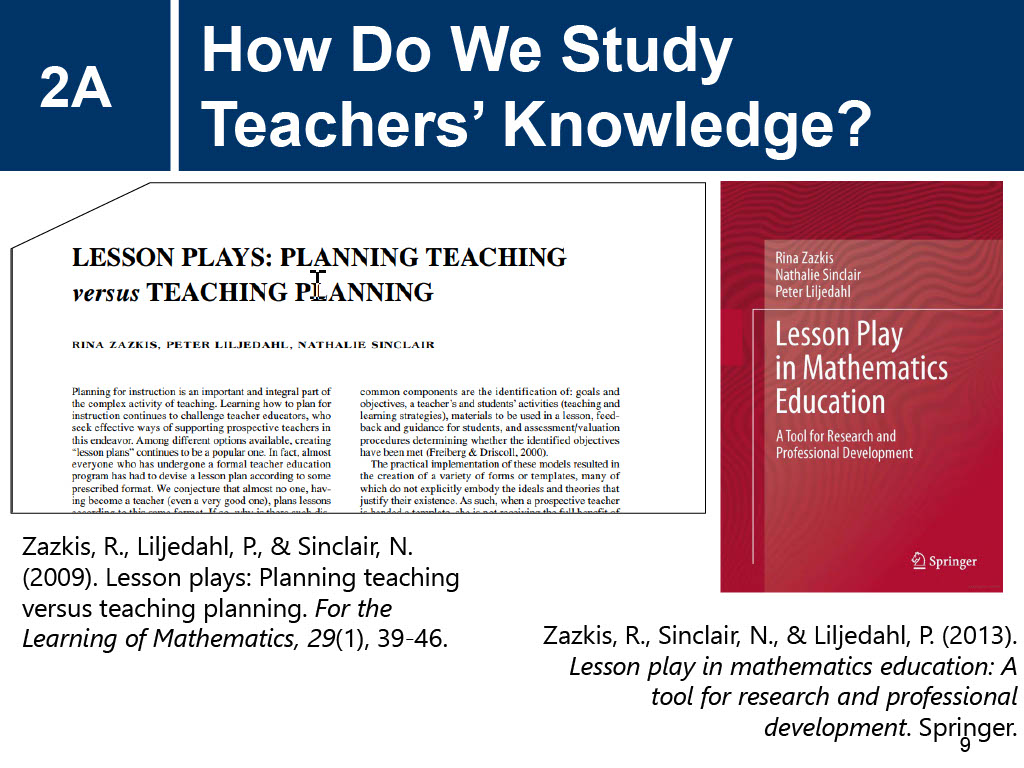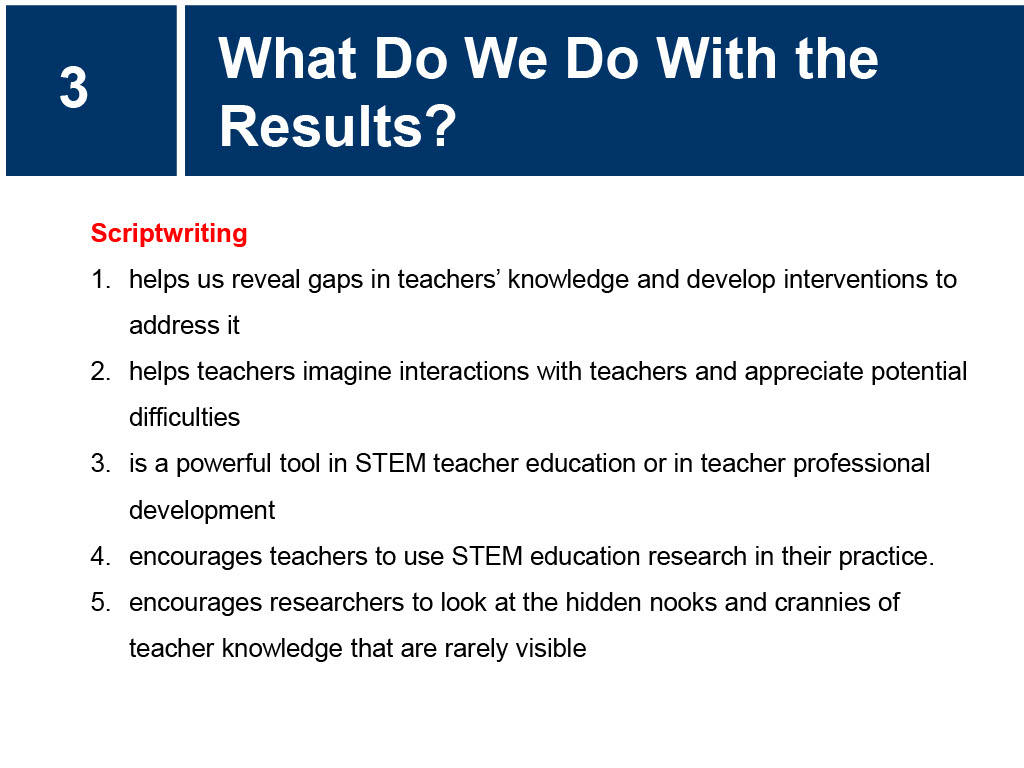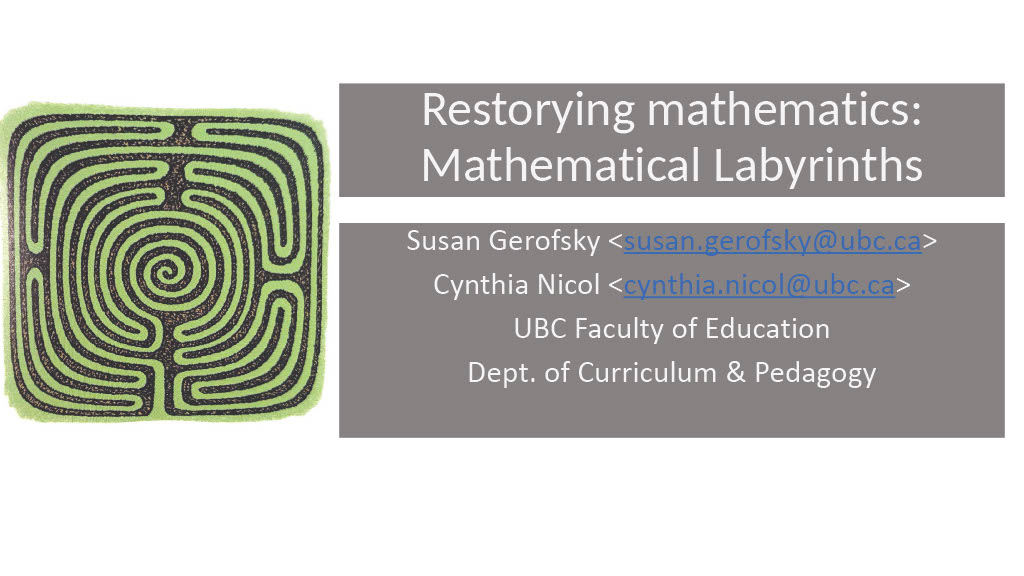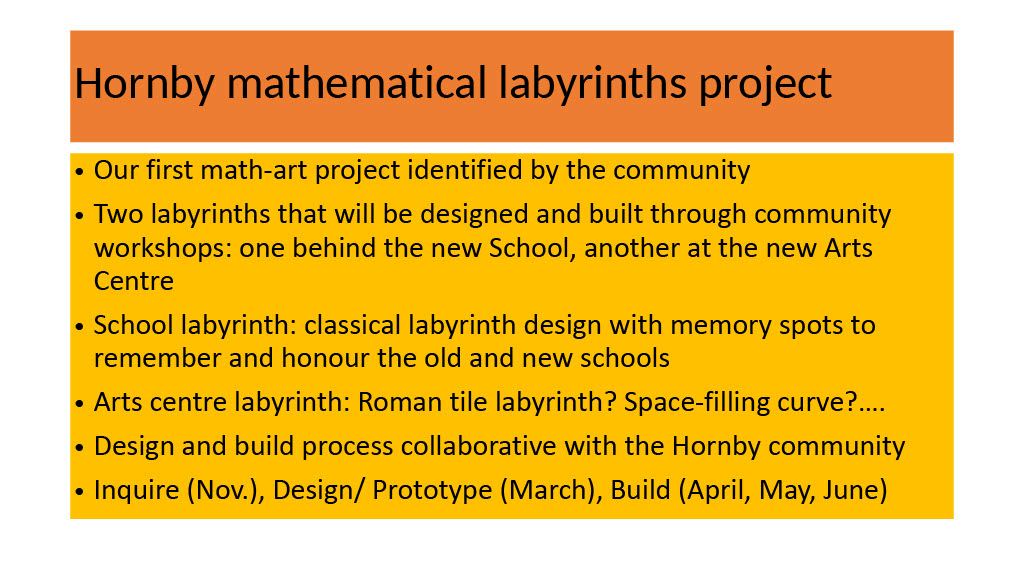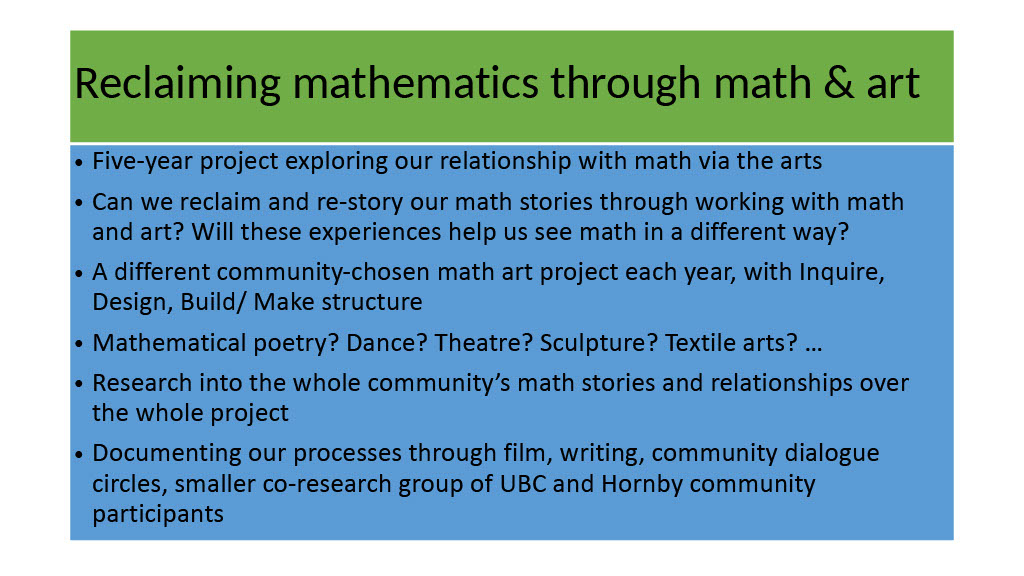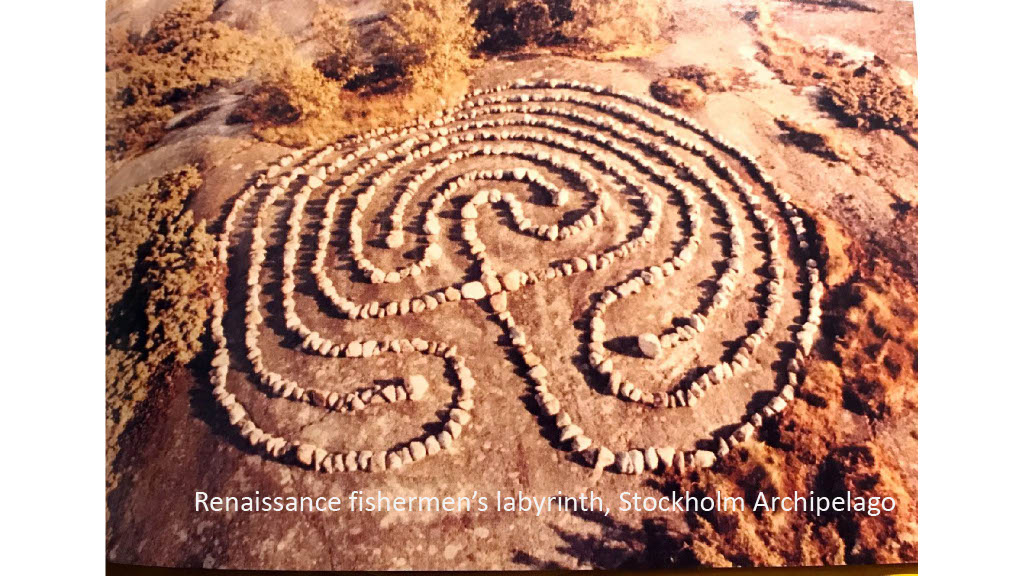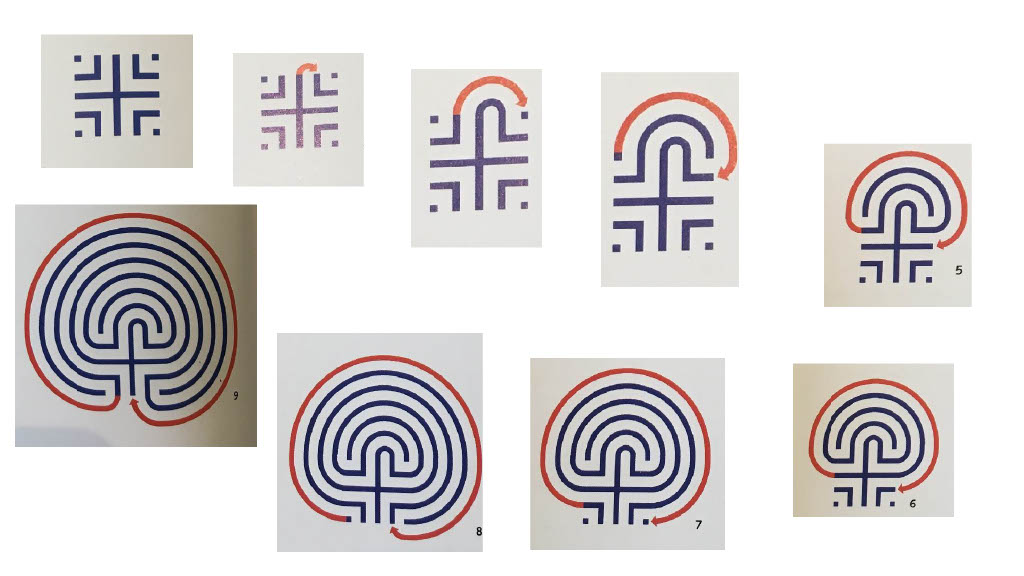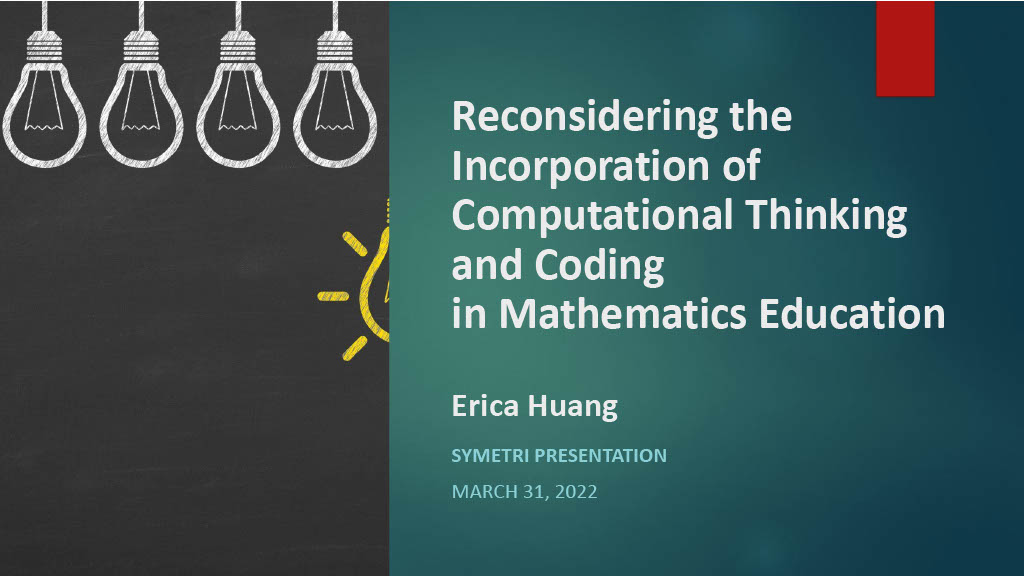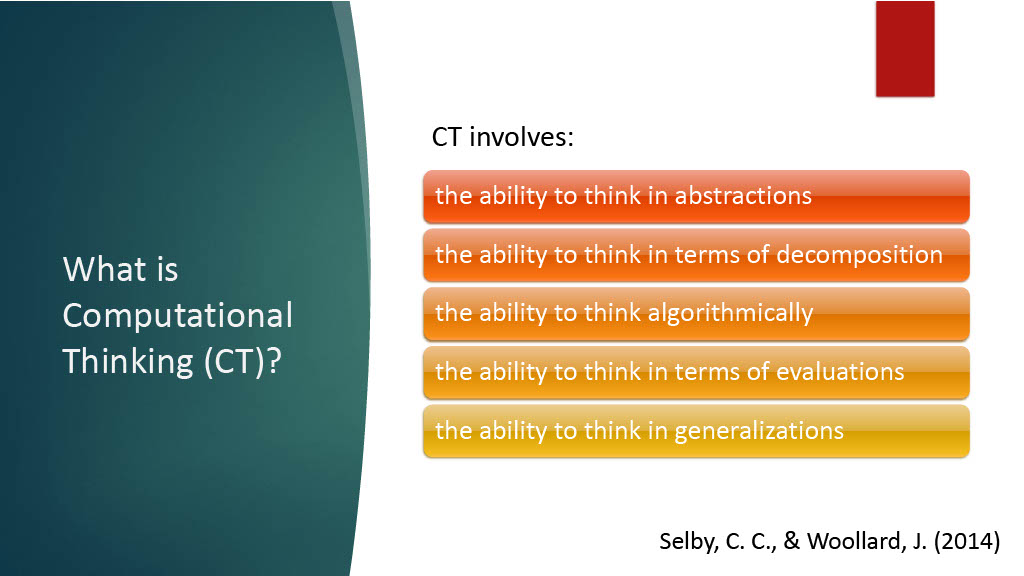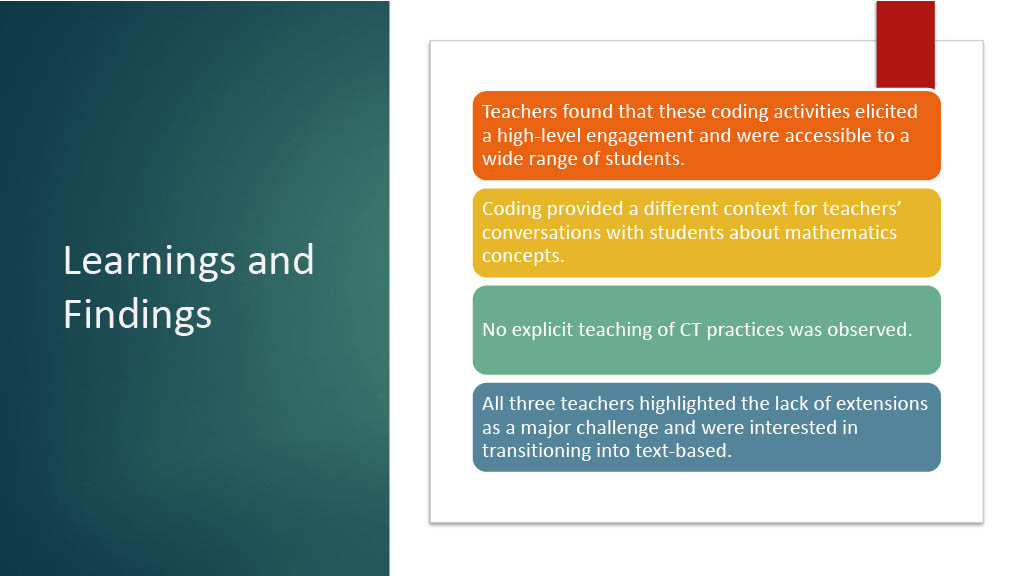Presenter/Guest Speaker: Sukhwinder Kaur Masters Student, Department of Curriculum and Pedagogy, Faculty of Education, UBC
Date: June 8th, 2022
Host: Dr Cynthia Nicol
Sukhwinder presented her capstone project titled “One mother’s engagement in her daughter’s self-initiated mathematical activity at home: A case study” which is a two-part study on how children interact with mathematics in an informal setting like the home and what role parents play in that interaction. Sukhwinder takes on two roles in this study, a mother, and a researcher.
In the first part of the study, Sukhwinder observed and recorded her daughter’s self-initiated math-related tasks. She presented some observations of her daughter’s activities and the analysis of the mathematical content in those activities. For the second part, her focus moves from the child to the mother. Sukhwinder will be reanalysing the data to focus on herself as a mother, researcher, and mathematics educator. She will analyse how her beliefs could have influenced the way she engaged with her daughter and how her input could have changed her daughter’s activities.
Below are a few slides from the presentation


Find the complete presentation here.

